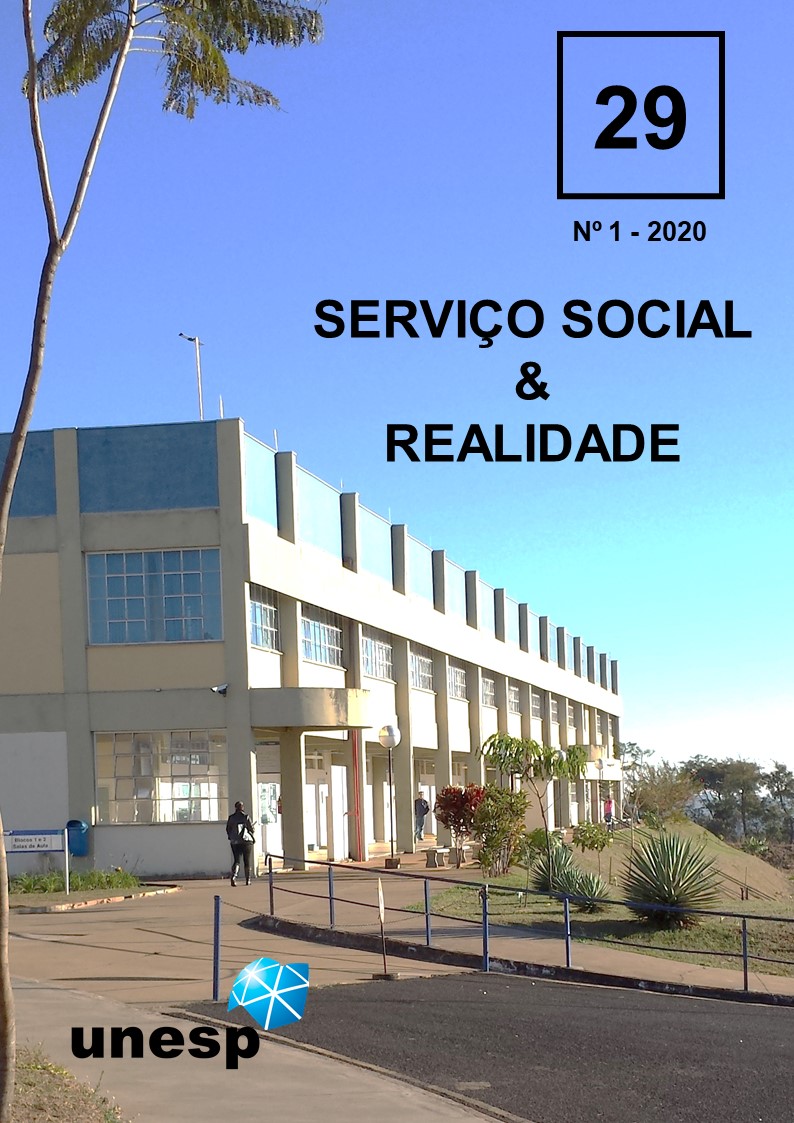THE USE OF SUSTAINABILITY TOOLS TO UNDERSTAND THE BIGGEST DISASTER IN THE HISTORY OF BRAZILIAN MINING
Abstract
On November 5, 2015, Brazil experienced what Brazilian and international authorities called the world's biggest disaster in the mining sector. The socio-environmental disaster had catastrophic dimensions, including the loss of 19 lives, the destruction of the communities of Bento Rodrigues and Paracatu de Baixo, in addition to affecting other cities along the course of the Rio Doce due to the tailings mud. It is important to highlight that in the previous year (2014) the company SAMARCO reorganized its entire management model in order to fulfill an agenda of doubling the size of the company, a project called Vision 2022. The plan was being executed, the business was being reformulated and new strategies of sustainability adopted to face the promising future. However, at the end of 2015, the dam collapsed and the company had to restructure itself again, but this time to manage the impacts, seek the trust of Brazilian society, remodel its operating model, repair social and environmental damage, rethink strategies for health and safety and, above all, obtain the social license to resume operations. In this article, we will analyze in an analytical way the tools used in the management system of the giant in the mining sector, highlighting the main methodologies adopted, methodologies that have established it as a benchmark in the sector. We do not intend here to carry out an evaluation of the sustainability reports, but rather to analyze the level of detail of the data, the way in which the Stakeholders are chosen to compose the materiality matrix and especially the actions in the face of the socio-environmental disaster episode.
Downloads
Published
Issue
Section
License
Os manuscritos aceitos e publicados são de propriedade da revista Serviço Social & Realidade.Os originais deverão ser acompanhados de documentos de transferência de direitos autorais contendo assinatura dos autores.
É vedada a submissão integral ou parcial do manuscrito a qualquer outro periódico. A responsabilidade do conteúdo dos artigos é exclusiva dos autores.
É vedada a tradução para outro idioma sem a autorização escrita do Editor ouvida a Comissão Editorial.


